History
Our History
The Beginning
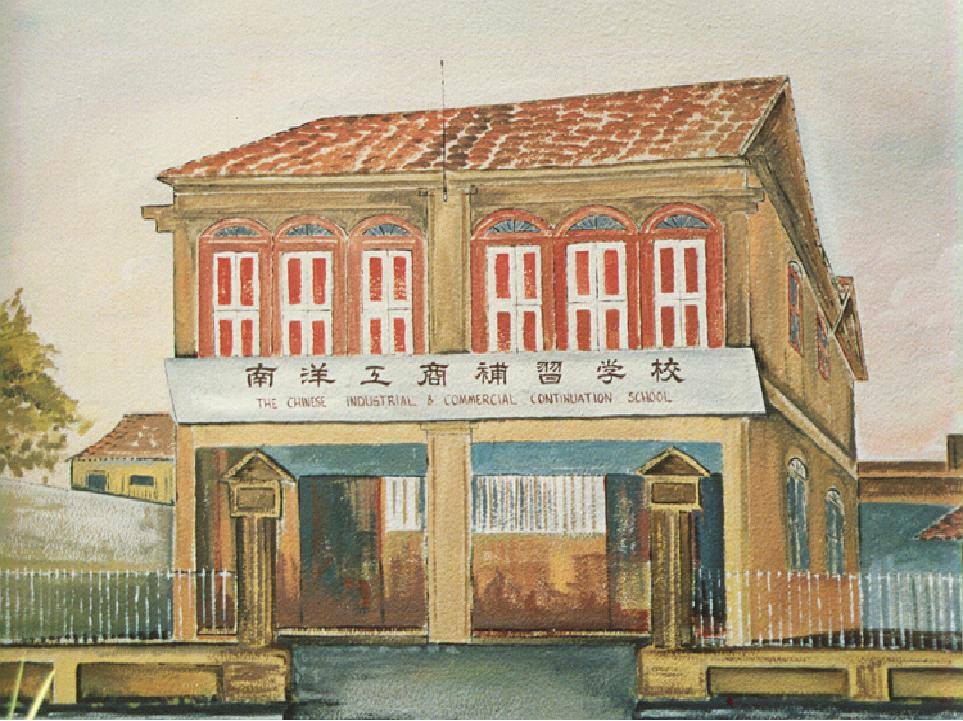
Gongshang Primary School was established as The Chinese Industrial and Commercial continuation School in January 1920 by Mr Shi Su as a night school that catered to the needs of the young migrants from China. The school operated at 267 Tanjong Pagar Road on premises that was on loan from Yinbin Club.
The school moved to 30 Enggor Street on 1 March 1920, where a day school was initiated to provide education for children of migrants at the time.
The Troubled Years
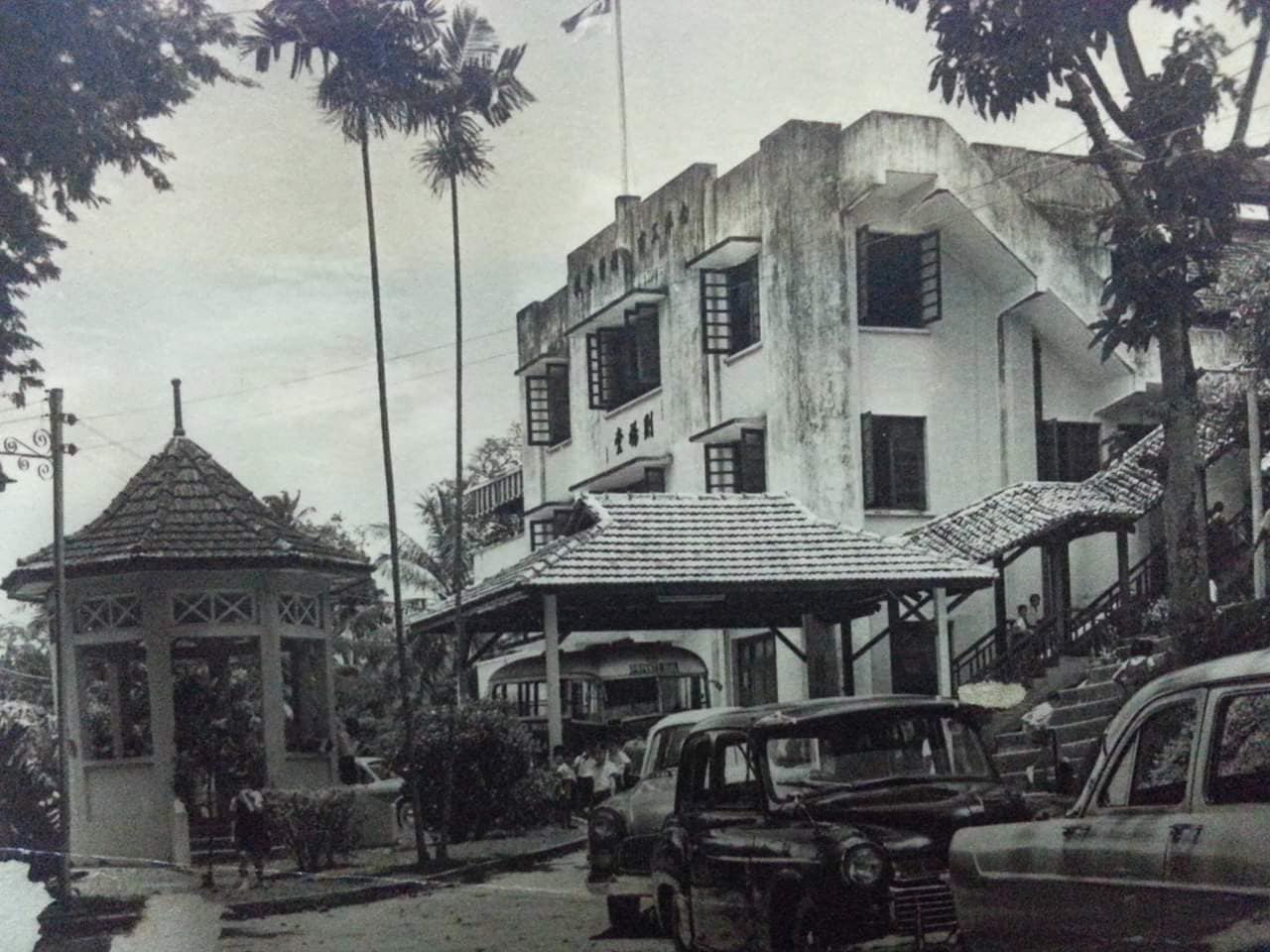
In August 1920, Mr Shi Su returned to China. In February 1921, Mr Lin Zeyang succeeded him as the principal. However, in July 1921, the school was forced by the landlord to close for defaulting in rent payment. In response, several students who attended the night classes students such as Messrs Lin Muqun, Kang Zhen-Bo, Zhuang Huiquan and Li Tienmin, raised funds to keep the school running.

Around the same time in September 1921, new rules were enacted by the colonial government for the registration of schools in Singapore, which led to the Board of Directors then to vote in favour of closing the school. Mr Lin Muqun led efforts to reorganise the school, form a new Board of Directors and officially registered the school with the Education Department.
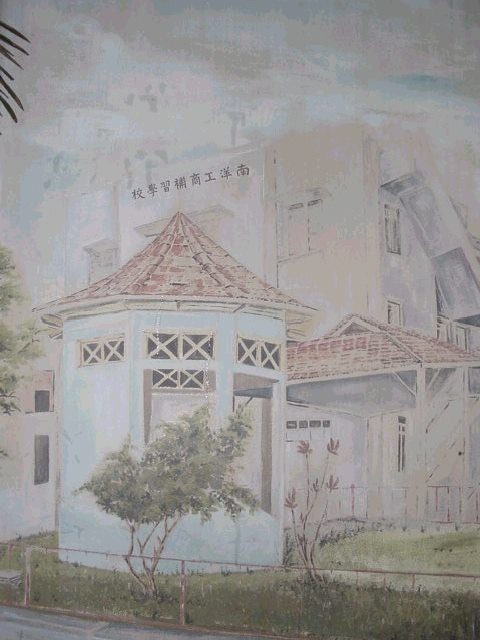
The school ran into financial difficulty again in 1922. Similar to events in the previous year, Mr Lin Muqun and other night class students raised the necessary funds to keep the school operational.
As Gongshang was a privately-run Chinese school, it was unable to secure any grant from the British Government. Instead, the school was reliant on donations received mainly from the Chinese community for its expenses.

The Foundation
Mr Lin Zeyang looked beyond the needs of basic education and incorporated vocational training into the school curriculum, a move unheard of then.
In addition, the Old Boys' Association was set up in 1923 and proved to be a strong source of support the school. The Association organised activities that not only raised funds for the school but also promoted cultural activities and sports among its members. Under the Association, performances such as 'Choir's Night' were put up, renowned plays such as 'Home', 'Spring' and 'Autumn' were performed to critical acclaim, and a highly successful basketball team was groomed.
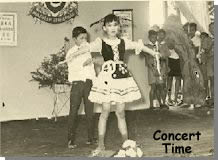
York Hill
The school enrolment increased rapidly and Mr Lin anticipated the need for expansion. In 1926, with the support of the Old Boys' Association, the Board of Directors and the migrant Chinese society, Mr Lin set up a committee which oversaw the acquisition of land at York Hill along Outram Road and the construction of a new school building. The school moved into its spacious, ultra-modern and well-equipped building in June 1929. It was closed during the Japanese Occupation and reopened after the war.
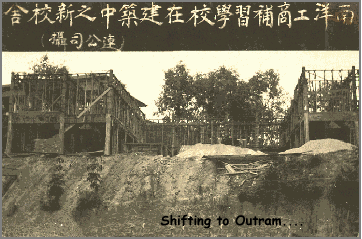
Mr Lin's dedication to the school and education was hard to match. He
oversaw all aspects of the school administration, teaching methodology,
building maintenance and even gardening. At its height in the 1950s, the
school had a record 3800 students who attended both day and night school.
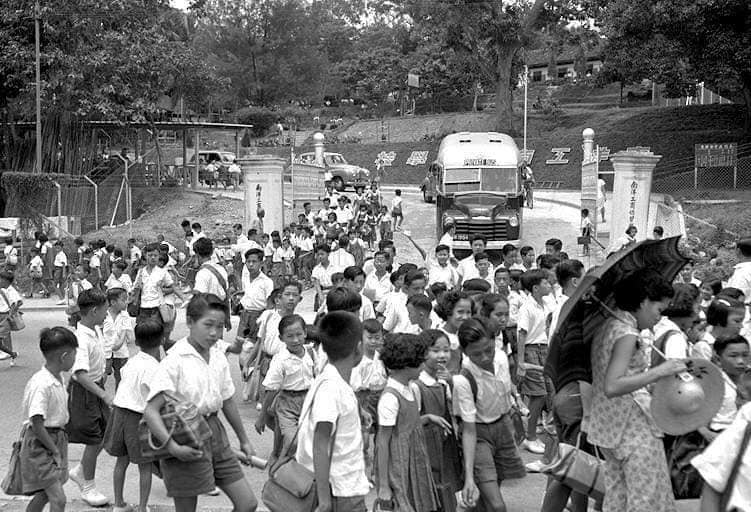
Zeyang Hall
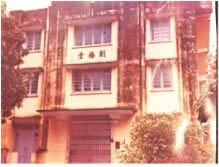
Mr Lin Zeyang, a bachelor, passed away of ill health on 16 July 1948. He had lived in the school quarters and spent all his time tending to the needs of the school. He left behind neither property nor money to his name. He can be deservedly called "Father of Gongshang". A new hall was built and named after him to commemorate his contributions to the school.
Serving the Needs of a New Town

In the late 1970's, due to problems of urban redevelopment and an ageing population in the vicinity, the school enrolment plummeted to 105. After a series of meetings in 1984 with the Ministry of Education, the school management agreed to the proposal moved to a new location in Tampines New Town and to become a Goverment school in 1985. The school was renamed "Gongshang" which retained the original meaning of "Industrial and Commercial" to mark its roots.
Mr Wee Fui Twee succeeded Mr Yang Mazhu at the end of 1984 and served till 2001. The school operated out of Tampines Primary School as a holding site until 1987 when the current premises at Tampines Street 42 was completed.
Gongshang Primary School was was officially declared open by the late Dr Tay Eng Soon, former Senior Minister of State for Education, in 1989. The school became single session in 2015. It set up its Alumni Youth Wing in 2016, which coincided with its first homecoming in the school’s history.
Now the school has a pupil population of more than 2000.
Principals
|
Mr Shi Su |
1920 |
|
Mr Lin Zeyang |
1921 - 1948 |
|
Mr Chen Guoxiang |
1949 - 1964 |
|
Mr Yu Songnian |
1964 - 1970 |
|
Mr Chen Dexiao |
1971 - 1975 |
|
Mr Yang Mazhu |
1975 - 1984 |
|
Mr Wee Fui Twee |
1985 - 2001 |
|
Mrs Daisie Yip Choon Hua |
2002 - 2008 |
|
Mdm Kok Chow Hiong |
2009 - 2017 |
|
Mdm Lim Tzyy Shiuan |
2018 - 2024 |
|
Mrs Stella Kwan |
2025 - present |
Noteworthy Individuals
Lin Mu Qun – An Old Boy
In the early days of Gongshang Primary School, financial difficulties threatened its very existence. Yet, time and again, Mr Lin Mu Qun's resourcefulness, perseverance, and dedication saved the school from closure.
Born in the Hokkien Province of China, Mr Lin migrated to Singapore at a young age and enrolled at Gongshang to further his education. In 1921, the school faced closure over unpaid rent, and Mr Lin, together with his classmates, raised enough funds through donations to keep the school open.
Later, when the British Colonial Government imposed strict regulations for non-English schools, Mr Lin collaborated with the principal, Mr Lin Zeyang, to make essential changes so as to meet the registration requirements. Mr Lin also helped establish the Old Boys’ Association, which became a cornerstone for promoting cultural and social activities within the local Chinese community.
Despite being a busy company manager, Mr Lin gave his time to support education. When he passed away in 1929, Gongshang honored his legacy by erecting a pavilion in the school grounds to commemorate his contributions.
Lin Zeyang - Father of Gongshang
Mr Lin Zeyang, born in Hokkien Province, China, adopted his mother’s surname, Lin, to continue her family line. Despite having Yang as his surname, his father permitted him to adopt the surname of Lin as there was no male offspring within the his mother's family to succeed the family line.
He showed signs of remarkable intelligence from the age of 4 where he learnt to read and write from his mother. When he went to school at the age of 7, his teachers were taken aback by his brilliance. Unfortunately, his father passed away when Zeyang was 13 and the family ran into financial hardship. Nevertheless, his mother toiled to provide him an education. Eventually, he graduated from the Hokkien Teachers’ College. After teaching in China, he moved to Southeast Asia, gaining respect and admiration wherever he taught.
As a founding member of Gongshang Primary School, Mr Lin became its first principal in 1921, leading the school until his passing in 1948. When Mr Lin took over, the school was in crisis, even closed briefly due to unpaid rent. With support from night class students and the Board of Directors, he raised the necessary funds to reopen the school.
Under British rule, Mr Lin ensured Gongshang complied with new registration requirements, preserving its status and reputation. Faced with continuous financial challenges, he turned to the Old Boys' Association for support. With his steady leadership, school enrolment grew, eventually necessitating a move to a larger site at York Hill in 1929.
After World War II, the school reopened to accommodate students who had missed out on education during the war. Mr Lin arranged for the purchase of additional land for expansion, though he was unable to see his vision realized due to illness. Even from his sickbed, he continued to guide his colleagues until his passing on 16 July 1948.
Mr Lin Zeyang’s dedication to Gongshang left a profound legacy, uniting the school’s management, alumni, and the Chinese community in their commitment to education. His impact on Gongshang and Singaporean education is deeply felt to this day.

